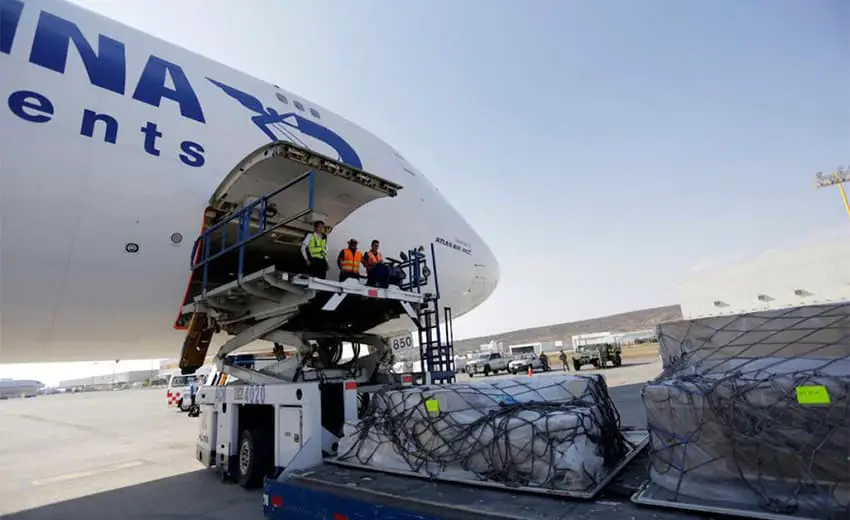If you think you’ve seen more international flights than ever at Querétaro International Airport (AIQ), you’re probably not just imagining it: Federal data shows a skyrocketing increase in the number of international travelers passing through AIQ in 2024.
According to the Ministry of Infrastructure, Communications and Transport (SICT), the number of international passengers travelling through AIQ increased by 60.3% to 313,832 in the first half of the year. This means that the airport recorded 174,618 more international passengers between January and June this year than in 2023, when it recorded 195,836 international passengers.


Domestic passenger traffic at AIQ also increased this year, albeit by a more modest 10.1%, from 563,056 passengers in the first half of 2023 to 619,678 in the same period in 2024, the newspaper El Economista reported.
International AIQ travelers accounted for 33.6% of total airport passenger traffic in 2024 (compared to 25.8% in the same period in 2023), while domestic travelers accounted for 66.4% of passenger traffic (compared to 74.2% of total AIQ traffic).
The airport’s best month so far this year was June. A total of 171,427 passengers (domestic and international flights) used the airport. The monthly average for 2024 at AIQ is 155,585 travelers, according to El Economista.
In 2024, AIQ will be Mexico’s ninth busiest airport in terms of international passenger traffic due to the increasing number of international travelers. The largest airport is Cancún International Airport with a 32.7% market share of international travelers. AIQ has 1.2%.
According to SICT, international passenger traffic nationwide grew by 5.5% in June alone, part of an overall growth trend in 2024 that saw international passenger traffic increase by 8.8% between January and June.
Freight acceptance at AIQ
Cargo at AIQ told a slightly different story. According to SICT,guritAIQ handled 37,658 tons of cargo from January to June 2024, making it the fifth-busiest airport in Mexico in terms of total cargo volume and number 2 in the country in terms of domestic cargo, with 25,502 tons handled.


Nevertheless, total freight figures for AIQ in the first half of 2024 decreased by 6.3% year-on-year, from 40,184 tonnes in 2023. This is clearly due to a decline in international freight handling figures (minus 24.8% in 2024, from 16,615 tonnes in 2023 to 12,156 tonnes in 2024). DIndeed, domestic freight at AIQ recorded a modest increase of 8.2% from 2023 (23,569 tonnes) to 2024 (25,502 tonnes).
AIQ was not the only airport to show a general downward trend in cargo traffic in 2024: Mexico City International Airport (AICM) recorded the largest decrease (38.8%) during the same period, decreasing from 42,996 tons to 26,301 tons from one year to the next.
Other airports that reported declines in total cargo volumes included Toluca (2.9%), San Luis Potosí (3%) and Monterrey (1.5%).
The SICT attributed the AICM decline to the Transfer of operations of international cargo airlines to AIFA, after President López Obrador issued an executive order in 2023 banning cargo airlines from using AICM to alleviate air traffic congestion in the country declared by the Mexican Civil Aviation Authority (AFAC).
Although cargo handling figures at AIFA increased by 7,051 tonnes during the period under review, this does not explain the decline in AICM by 16,694 tonnes compared to the previous year.
With reports from The Economist
